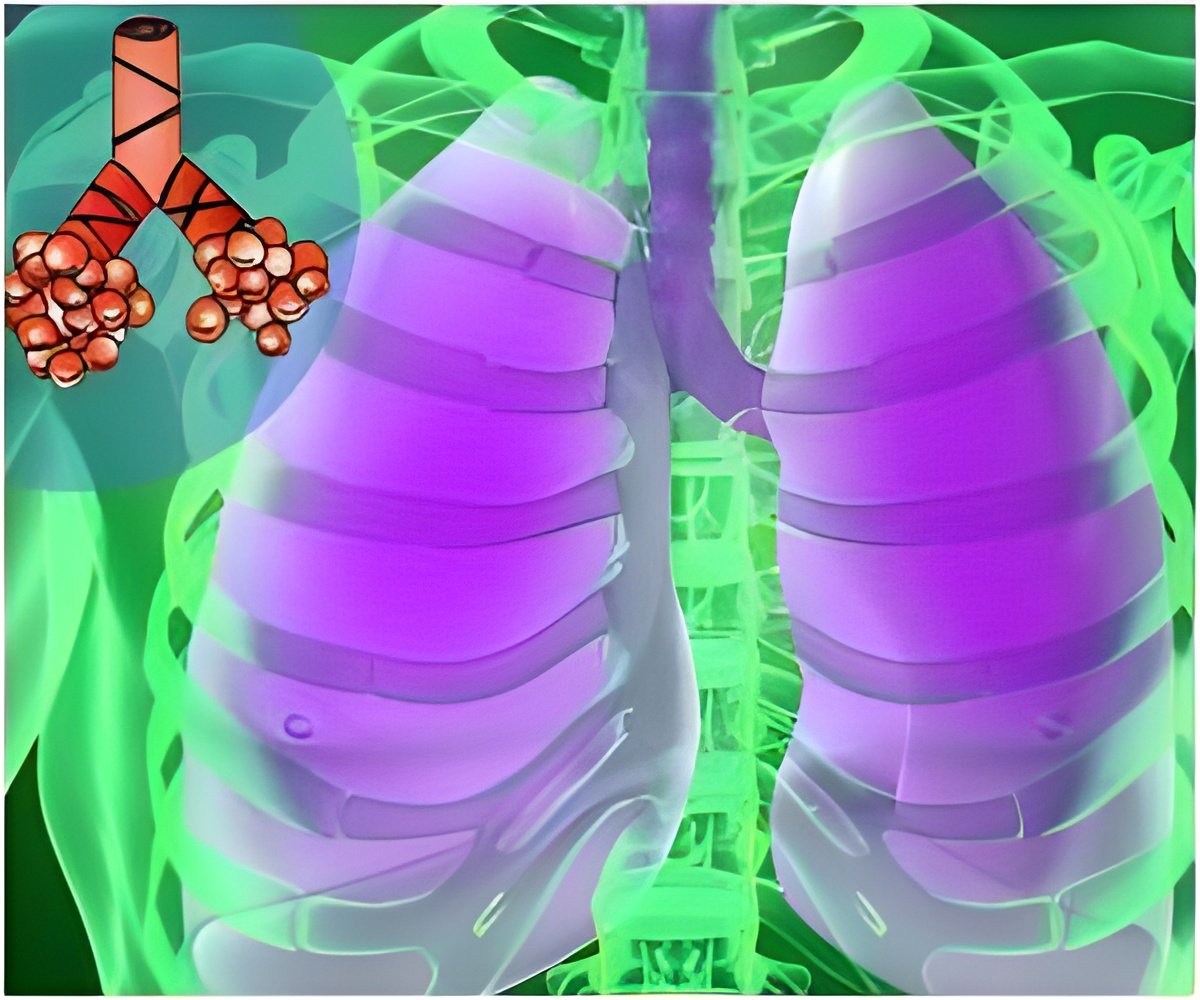A new biological pathway of innate immunity that can increase inflammation in the body and possible agents that can be used to block it have been identified by researchers.

"In our ongoing studies of pneumonia, we found infecting bacteria activate a previously unknown protein called Fbxo3 to form a complex that degrades another protein called Fbxl2, which is needed to suppress the inflammatory response," said Dr. Mallampalli, who is also chief of the pulmonary division of the VA Pittsburgh Healthcare System. "The result is an exaggerated inflammatory response that can lead to further damage of the lung tissue, multi-organ failure and shock."
The research team, led by Bill B. Chen, Ph.D., associate professor, Division of Pulmonary, Allergy and Critical Care Medicine, conducted experiments in which mice that lacked the ability to make Fbxo3 were infected with a strain of Pseudomonas bacteria, and found that they had better lung mechanics and longer survival than mice that still made the protein.
Research team members Bryan J. McVerry, M.D., and Yingze Zhang, Ph.D., both of the Acute Lung Injury Center of Excellence, found that blood samples from 16 people who had sepsis, a condition of systemic inflammation, revealed higher levels of Fbxo3 and other inflammatory proteins and lower levels of Fbxl2 than samples from seven patients who did not have sepsis or lung infection.
Based on the structure of Fbxo3, the researchers developed a family of small molecules with the aim of inhibiting its activity. Administration of one of them, called BC-1215, led to reduced inflammatory markers and improved lung mechanics in mouse models of pneumonia and sepsis.
"The key is to find ways to help the body temper its inflammatory response so that it's able to kill the infectious agent without causing injury to healthy tissue," Dr. Mallampalli said.
The team is beginning to study the effects of BC-125 on other conditions of systemic inflammation, such as colitis and arthritis.
Source-Eurekalert
 MEDINDIA
MEDINDIA



 Email
Email







